Credit: China Visual Group
BEIJING, April 14 (TMTPOST) -- Wang Genyuan makes a living by transporting fresh vegetables in his 6.8 meter-long red truck to Shanghai from Linyi, Shandong province. He started loading and offloading a truck at the age of 16 and driving a truck at 18. Wang, in his 30s now, has driven four trucks in over a decade.
On March 20, Wang delivered vegetables to Shanghai as usual. On March 23, Shanghai announced its lockdown. On March 25, he left Shanghai just like any other day. But the typical one-day drive home was overstretched into an ordeal of three long days.
At around 10 pm the same day, Wang arrived at the exit on the highway near Xuzhou, Shandong. “The lineup on the highway to the exit was really long. My truck waited in the lineup for one day,” he recalled.
At 1 pm on March 26, it was finally his turn. However, Xuzhou had just announced tightened measures to stem the spread of the coronavirus. Non-local trucks or persons would be prohibited from entering Xuzhou unless local neighborhood officials come to accompany them. However, Wang did not know any local official. To make things worse, his negative Covid-19 test results expired. With shattered hope to leave the highway, he returned to the highway. By then, he did not eat or drink for one entire day.
“I tried to exit at every and each exit on the highway. However, after one day and one night, not even one exit was passable to me. There was always a long lineup to an exit. Once local traffic control officers found that my cellphone record of travel contained ‘Shanghai’, my exit of the highway was denied,” Wang told TMTPost.
He tried one after another exit until Linmu. He rested in the service area for five to six hours. A staffer checked his record of travel and told him to leave soon. From Linmu to Luozhuang to Lanling, he could not stay long in any service areas. He had some instant noodles as meals without any water.
On March 28, Wang was finally back to Linyi. “The ambulance carried me to a few quarantine facilities. But all of them were fully occupied. Finally I was checked in the current one. After going through the entire procedure, the supper time was over,” he said.
It was a long way home, or more accurately to a quarantine facility. But Wang felt lucky for ending up in a quarantine center while his friend was still drifting on the highway.
A friend of his drove aimlessly on the highway for three to four days without ever leaving it. “On the next day of my quarantine, all quarantine facilities in Linyi were full. Truckers were being chased away from the service areas in Linyi. I am not sure where he is now,” Wang said.
Meanwhile, trucker Liu Gaozhong was confused about different requirements for clearing an exit. Shanghai and Wuxi of Jiangsu province were frequent destinations for him. He found that different cities had different requirements with regard to transportation permission. “It’s hard to get a truck now. To make it even worse, some trucks were stranded on the highway,” he said.
Another trucker expressed similar concerns. Zhao Hailei, who transports goods to Jiangsu, Zhejiang Hebei and Henan, told TMTPost that even if he had valid Covid-19 test results, he still could get off the highway because local authorities required local registration and local contacts. “When I was at an exit in Jiaozuo, Henan province, local drivers was allowed to go through the exit, but non-locals have to return to the highway. It’s too difficult,” he said.
Luo Raobing, a trucker who delivers goods to Hubei and Zhejiang, was also trapped on the highway for three to four days.
“If I go back to Zhejiang, I cannot get off the highway. Then I came to Wuhan. But still, I cannot leave the highway. My longest drive on the highway without exiting was three to four days. I cooked rice, Chinese cabbages and potatoes in the truck. I got a Covid-19 test on a daily basis,” he said.
He could not understand why local authorities turned a red light to him while he satisfied the requirements of the central government to get off the highway.
In China, a person who visits a city with one or more Covid-19 patient in the past 14 days would be marked with a star on his cellphone record of travel history. He would get a yellow barcode after he visits a district with a Covid-19 patient. The central government allows anyone without a star or a yellow code to go anywhere. But in practice, local authorities would not allow such truckers with a star or a yellow code to hit the road within their jurisdictions.
Wang hoped that China would have uniform highway clearance requirements for truckers to enter a city. Right now, different Covid-control policies are in different cities, even different policies in different counties.
He wished the negative Covid-19 test results could be valid for 48 hours and non-local truckers with such proof should be allowed to get off the highway.
Highly Indebted TruckersAs many highway sections are virtually locked down, trukers’ source of income dries up but their financial obligations continue. A trucker, the primary bread earner of an entire family, would often lament: “It’s too difficult!”
There are about 30 million truckers in China and they are one of the most indebted groups, according to a report released by Chuanhua Charity Foundation’s Public Good Institute. “83.7% of truckers did not buy a truck with their personal savings while 72.2% of truckers borrowed from a bank or a family member or a friend,” says the report.
Once the income shrinks due to the disruptions in the shipping business, truck loans and housing mortgages suddenly loom big. Truckers’ seemingly “free lifestyle” came under a big shadow.
“The problem now is that I cannot transport goods to any place, even Peizhou, the city closest to Liyin. Many local authorities disregard your negative test results. As long as you don’t have local residence or a permit issued by the local government, you cannot get off the highway. Then how can you transport goods?” asked Wang.
“Before the pandemic, I could not save any money each month but I managed to pay my car loan and housing mortgage. Now I have to borrow money to meet my financial obligations,” he said.
Wang had nearly 4,000 yuan in car loans and mortgage of 3,000 yuan. He relied on trucking to cover family expenses. “In the first two years, the money I made all went to the car loan. In the next following two years, I made extra money for daily family expenses,” he told TMTPost.
“We drive fast. In three days, I often drive 1,400 kilometers… It is normal to drive 10,000 kilometers a month. The truck needs to be in maintenance once every 20,000 kilometers. It is like that I have to spend 1,000 to 2,000 yuan on maintenance every two months,” Wang said, explaining his expenses.
“We trade our life for money. It takes three days to have a round trip from Linyi to Shanghai. Loading takes one day. I rest 20 minutes every four hours on the road and then non-stop for 10 hours. When I get to Shanghai, it is after midnight. Offloading lasted until 7 am or 8 am in the morning. I find goods to transport back home. It is night again after loading goods. I drive all night. After offloading on the next day, I drive to Linyi at dusk. At 4 am or 5 am on the next day, I drive to the market to load vegetables. I set off for Shanghai again. It is really exhausting. I have some accidents,” Wang revealed.
“We don’t make much money a day. Sometimes I lose money. The daily wage is 200 to 300 yuan. Often we cannot have a meal for two days. It is already tough before the pandemic. It is even harder during the pandemic,” said Zhao. Sometimes he had to offer tips to workers who load goods. Otherwise, they may idle away a day.
Luo said he could tolerate one meal in two days but sometimes things could be worse. “I could not get shipping fees. I paid gas and toll fees, finally I got nothing,” he said with a sigh.
Wang, who is still being quarantined, said he planned to suspend transporting goods. “If the pandemic persists, I cannot sell my truck and have to continue to repay the truck loan. It’s hard to get a job. I probably have no choice but to stay at home,” he said.




















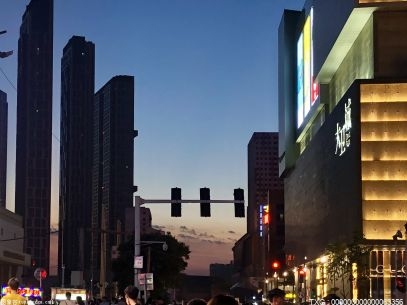








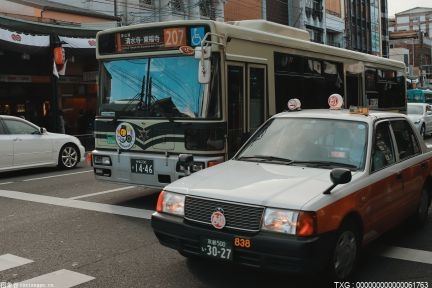


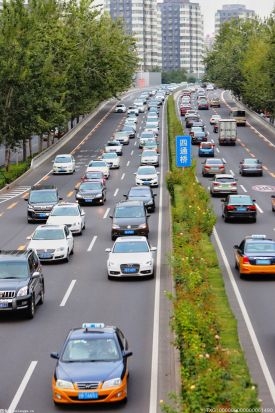
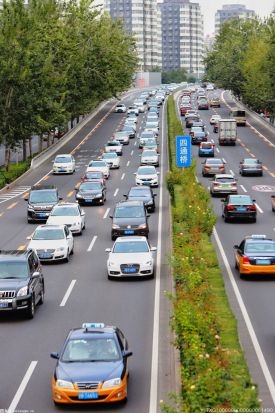

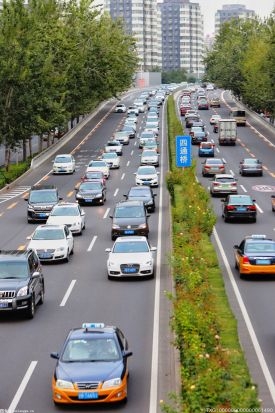




























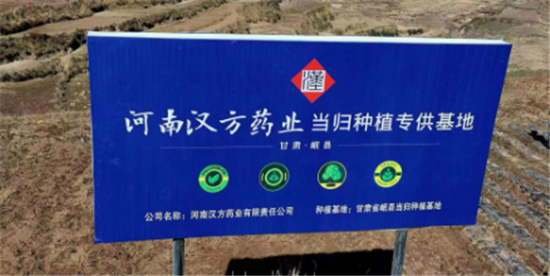




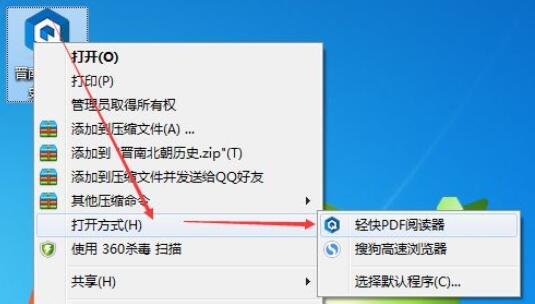







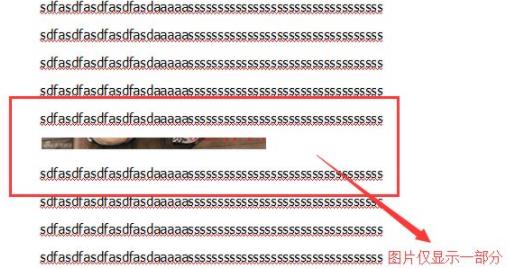

 营业执照公示信息
营业执照公示信息